The last time I watched the Academy Awards on television was in 1993. A group of friends and I gathered at a hotel in Cleveland on a weekend getaway to watch the Tony and Emmy Award-winning Nell Carter perform impeccably during the Oscars ceremony that year.
That broadcast marked Carter's return to performing after a series of life-changing setbacks. Her brother died of AIDS complications in 1989, and afterward, Carter endured a terrible relapse into drug addiction. Gimme a Break!, the hit NBC television show that made her rich and famous, had been canceled two years before her brother died.
I used to work as one of Carter's East Coast assistants when she appeared in a revival of the musical Ain't Misbehavin' on tour in the Baltimore-Washington, D.C. area. Carter's brother, Bernard Taylor, was one of my dearest older friends. He was an openly black gay teacher whose public service and writing became a model for me early in my life.
My friends and I met in Cleveland because the city was halfway between Chicago (where Taylor once lived) and New York (the city Carter fell in love with after leaving her hometown of Birmingham, Ala.). We were all old friends of Carter and Taylor. One of our friends was a concierge at the hotel and he secured discounts for all of us to stay that weekend.
Right before the broadcast started, we came downstairs from our shared suite and gathered at the bar for cocktails. Our concierge friend arranged for a big television to be set up to screen the ceremony. When Billy Crystal, the host of the 1993 Academy Awards, announced Carter's name and she bounded on stage in a genie's outfit to sing "A Friend Like Me," my friends and I cried and clapped.
While Carter sang and danced, my friend Ricky dramatically took off her wig to reveal another smaller wig, the spitting image of the bob Carter often wore. Then Ricky lip-synched to the song that Carter was singing in the broadcast, and tears stung all of our cheeks.
That's when the bartender came over to us and asked us to be a little quieter, because nearby guests had complained. It wasn't long before these guests approached our area near the television. One introduced himself and offered a weak apology because it seemed as if his party's complaint had dampened our fun.
"Hey, wasn't that Nell Carter, the woman who played a black maid on TV?" said one of the people in this man's party after Carter's big Oscars number had finished.
"She wasn't just a maid, honey. She was a star," Ricky archly told the man.
I could tell that Ricky was about to take off her earrings in preparation for a verbal rumble. I asked the spirit to calm all of our nerves, but it was too late. The men (a racially mixed crew) were inebriated and they launched into an attack against Carter for being a "mammy" figure who accepted roles that, in their view, reflected poorly on black people. The men thought Carter was just a token, a throwaway character.
"Instead of attacking performers, attack the system," I tried to tell the men.
But my contribution was drowned out in the verbal melee. When the argument peaked, hotel management asked all of us to leave the bar and retire to our rooms. My friends and I were so upset about the way the argument derailed our evening that we could not sleep, and we hunkered down in the oversize chairs in the front room of our suite, rapping about Hollywood and the risks that Carter and entertainers in her generation took to succeed until the wee hours of the morning.
We concluded that, while Carter may have played a maid on television, her depiction in Gimme a Break! was groundbreaking. Her character (who was named after herself) mentored and challenged her employer's children, raising evermore difficult issues of race, gender, and sexuality on the TV show. The wisdom that Carter displayed each week in that role changed lives.
Like the MSNBC pundit and professor Melissa Harris-Perry who this week challenged her bosses for preempting her eponymously named show, saying, "I am not a token, mammy, or little brown bobble head," Carter continually resisted her network's classification of her as token. Carter's savvy performances rose high above the confines of representation on NBC's Gimmie A Break!.
I thought of this incident from 23 years ago when I first heard of the recent turmoil this year surrounding diversity in Hollywood. After the Academy of Motion Picture Arts and Sciences released the nominees for its 2016 Academy Awards, outrage followed. For the second year in a row, nominees in the four top acting categories (for best actor, actress, supporting actor, and supporting actress) are all white.
Charges of persistent racism spread like wildfire on social media in the #OscarsSoWhite campaign. Jada Pinkett Smith, Spike Lee, and several other prominent people of color in the film and television industry vowed to boycott Sunday's Oscars ceremony at the Dolby Theatre in Los Angeles.
"These are all legitimate complaints," says the Oscar-nominated actor Ian McKellen of the accusations of bigotry in Hollywood. McKellen suggests that actors of color aren't the only ones shut out of top honors. No openly gay man -- including McKellen himself, twice nominated for an Academy Award, and one of our generation's most impressive openly gay actors -- has ever won an Oscar in the acting categories either.
Commentators have taken Eddie Redmayne to task for playing a transgender woman in The Danish Girl. Redmayne, the film's star, is a cisgender (nontrans), straight, white, British, Eton-educated actor who last year won a Best Actor Oscar for The Theory of Everything. For me, attacks against Redmayne seem similar to criticism of the Emmy-nominated transgender actress and advocate Laverne Cox for accepting the role of Dr. Frank-N-Furter in the upcoming television restaging of The Rocky Horror Picture Show.
Somehow, because Cox is a trans woman, critics argue she is the wrong choice to play a character billed as a gay male "transvestite." The logic goes that Cox's portrayal is likely to confuse conservatives, who are pigeonholed as not being smart enough to tell the difference between a trans person and a "cross-dresser." Such charges ignore the fact that distinctions among gender-variant people frequently blur together within the diverse lived experiences of actual trans people.
Advocacy and education can change the hearts and minds of liberals and conservatives alike. But, some will still hate certain kinds of marginalized people no matter what we say or do. That's why we need legal protections for all of us, even those that appear (often mistakenly) to lack the respectablity of the "model minorities." Moreover, all gender-variant people deserve protections, regardless of our identity and our expression -- whether we're medically transitioning or cross-dressing.
When he was lambasted for being nominated for Best Supporting Actor for Creed (even though the film's black star, Michael B. Jordan, was not nominated for a Best Actor Oscar), Sylvester Stallone reportedly offered to join the boycott of the awards ceremony. The film's director, Ryan Coogler, convinced Stallone to attend and support the film for the benefit of all who worked hard to bring it to fruition, including Jordan.
But, the attention paid to individual performers obscures the root of the issue. Just as I said in 1993, it's the system that's the real problem. The New York Times recently unpacked the considerable impediments to changing the Academy's system of voting and membership. Despite the influence of its (relatively new) black female president, Cheryl Boone Isaacs, and the advocacy of Phil Alden Robinson, a progressive white director who serves as the Academy's secretary, the organization's bylaws pointedly prevent changes to many of its voting procedures and membership rules.
A new report from the Media, Diversity and Social Change Initiative at the University of Southern California's Annenberg School for Communication and Journalism found that the film and television industry is mired in an out-of-control "inclusion crisis." The structure of the Academy epitomizes this crisis. Its voting members are 94 percent white, 76 percent male, and, on average, above the age of 63. And the bylaws of the organization appear designed to keep it that way.
Invariably, many of these perennially risk-averse, predominantly straight, white, older men vote for actors and films that most closely reflect themselves. But not all of these men vote in this manner all the time. Furthermore, a few white women, like actress Charlotte Rampling, share these men's insular, closed-minded views.
Every argument erected against sharing power and promoting culturally diverse talent -- like the debunked notion that films with prominent black actors don't make money overseas -- is a chimera that masks a sobering truth. Fundamentally, changing the composition of those in power is threatening to the powerful because it means that eventually they must share power with the very same people that they systematically ignored, excluded, or promoted only as tokens.
Tokenism is the fleeting promotion of a few marginalized voices, at the same time that deeper structural problems persist and in many cases, are glossed over. Tokenism disguises a disconcerting truth: Despite the limited inclusion of a few people, the same kind of leaders control the reins of power.
In a sense, Carter's performances on television in the 1980s were just as much a sign of tokenism as Isaacs's elevation to president of the Academy three years ago. Handsomely paid, Carter nonetheless played a black housekeeper to a white family on television's Gimme a Break! almost 45 years after Hattie McDaniel won an Academy Award for Best Supporting Actress in 1939 for playing the role of Mammy in Gone With the Wind.
But professionals like Isaacs, Harris-Perry, McDaniel, McKellen, and Carter stand out because, when they become tokens, they take risks by speaking out against injustice even when it threatens those in power. They use their positions as favored minorities to make the field better for all marginalized people.
But sometimes the best efforts of marginalized people inside of the industry are not enough to fix problems of diversity. The status quo is so carefully protected that biased incidents occur even while protests unfold. The Internet exploded this week with reports that the first transgender performer ever nominated for a songwriting Oscar has been excluded from performing at Sunday's broadcast. Even though the awards ceremony has been billed as the most diverse ever, with the black comedian Chris Rock slated to host, patterns of bigotry within the system run so deep that exclusions still continue.
This is why people committed to true change talk about "revolution" and "liberation." You cannot change a corrupt system by only focusing on individual actors, and, no matter how talented they are or how loudly they speak out, individual actors cannot change the system alone. As the black lesbian feminist poet Audre Lorde once said, "The master's tools will never dismantle the master's house."
At a certain point, a genuine revolution must unfold and a problematic house must be dismantled. Then a new house with a fresh, equitable system must be erected in its place. Simply putting people of color, women, and LGBTQ people in the place of a few straight cisgender white men will not dismantle systemic problems of institutional bias. Many marginalized people are just as risk-averse and prone to enabling the status quo as those who are in power.
White, straight, nontrans allies like Robinson, the director who reportedly agitated most for changes within the Academy, are just as important in the struggle for culturally diverse institutions as protesters from marginalized communities.
When the system is dismantled and a new one is created, it must be governed by a range of people who all have truly liberatory commitments -- people who seek to create spaces where power, wealth, and privilege are radically shared for the long term, among culturally diverse people.
Without revolutionary and liberatory approaches, in 20 years we will still be having these same conversations, lamenting the same diversity problems my friends and I debated in a Cleveland hotel suite in 1993.
Cleis Abeni is The Advocate's transgender issues correspondent.
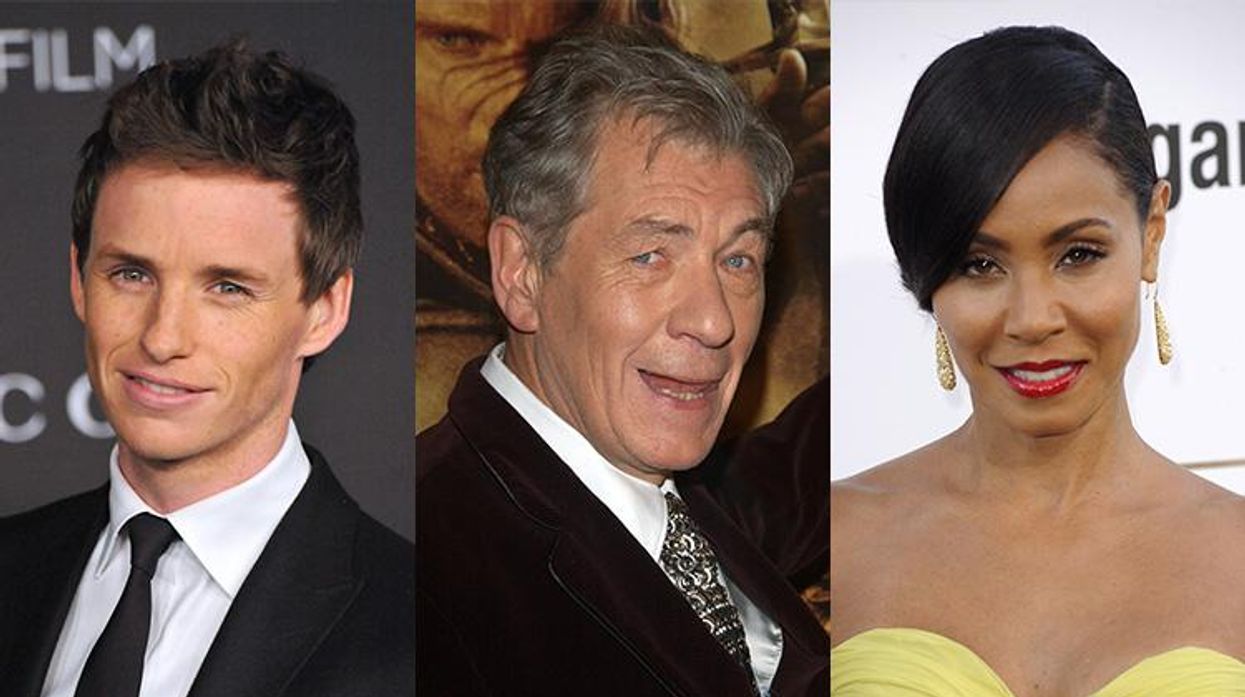







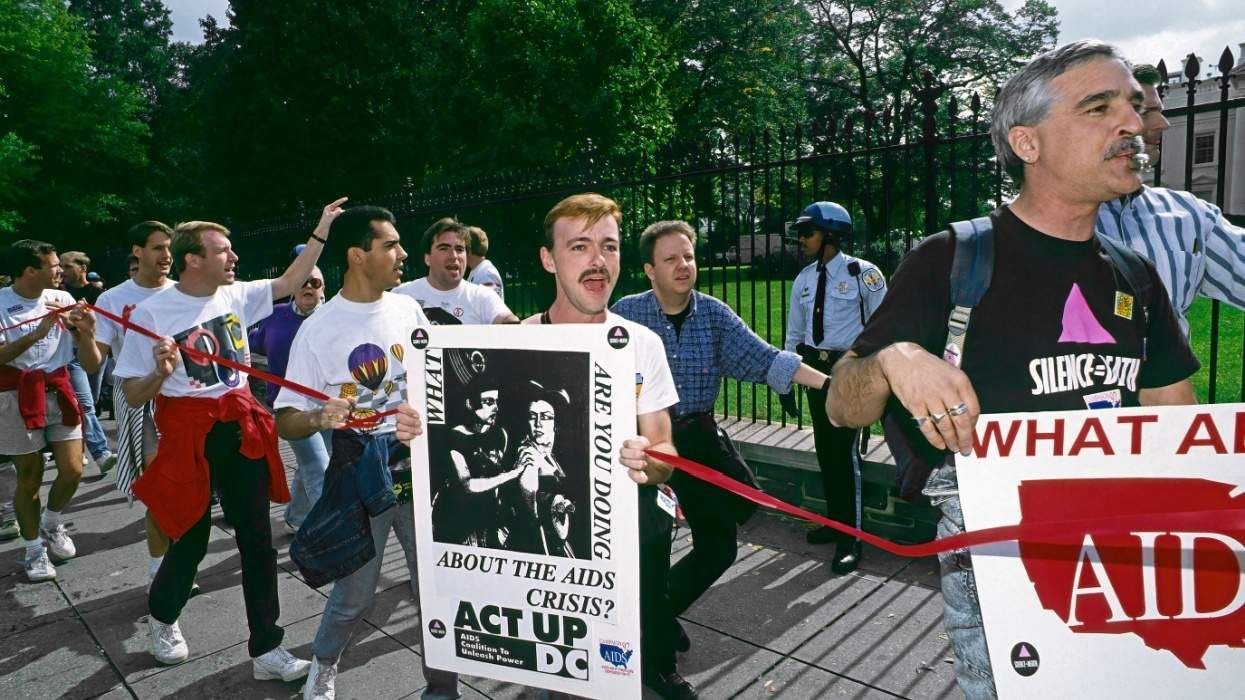
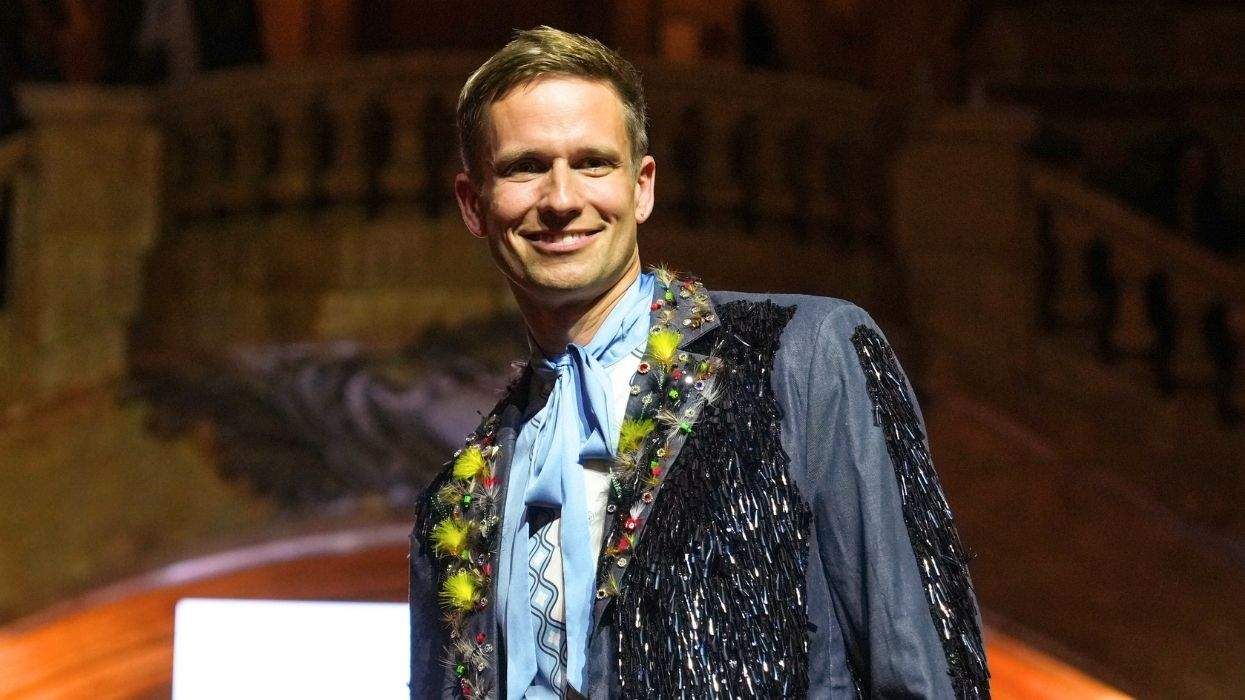
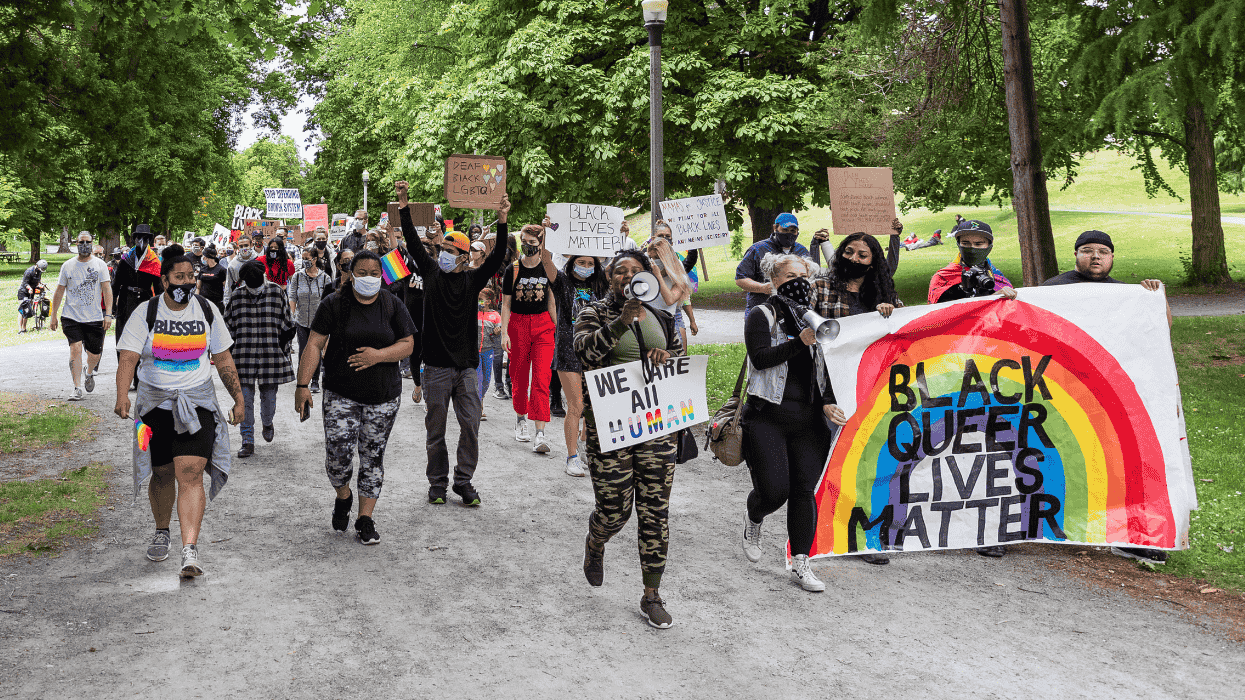
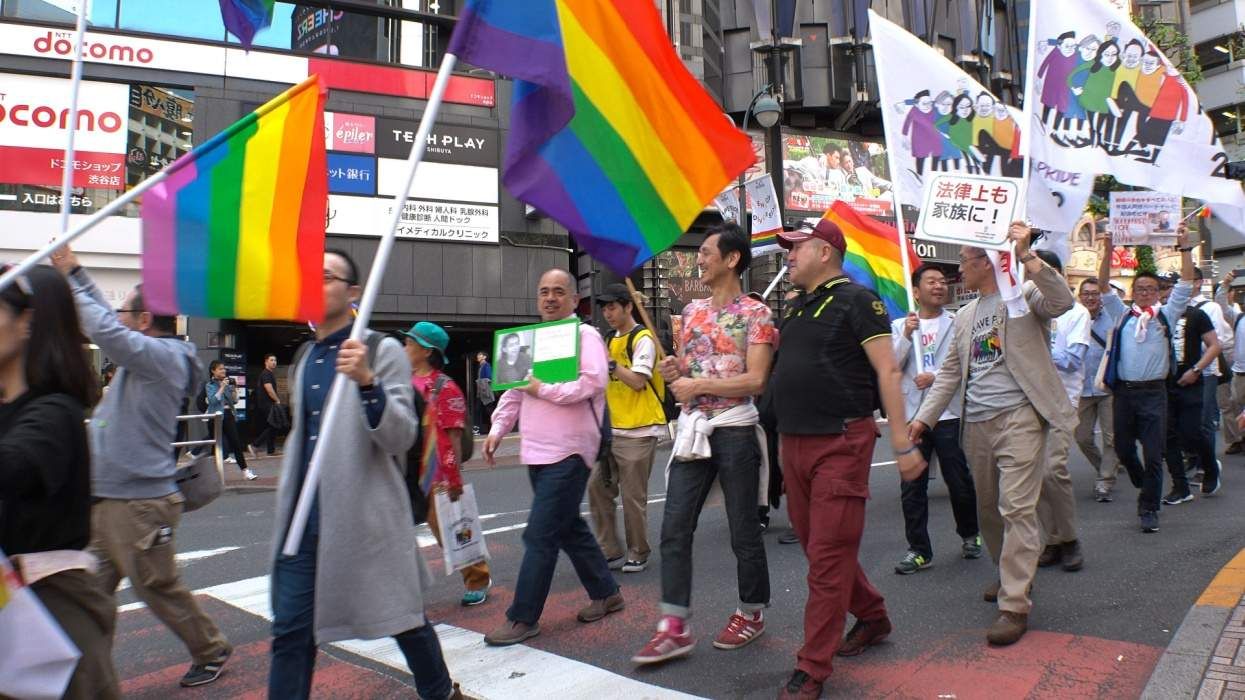
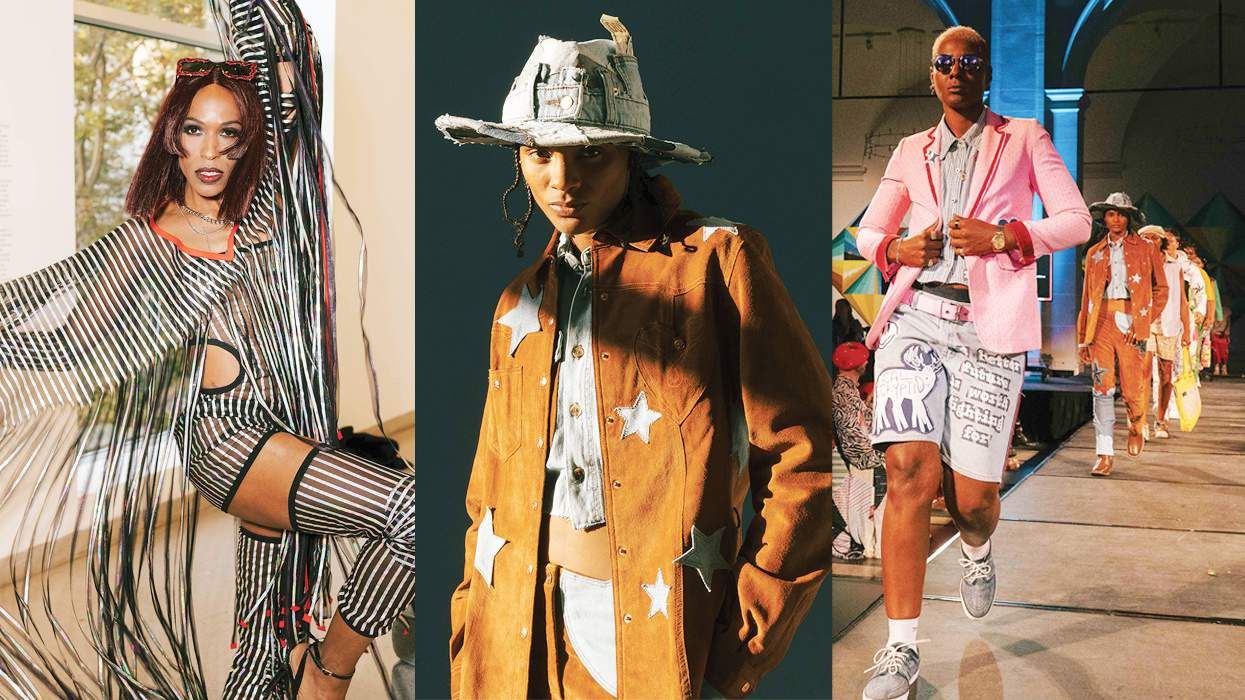

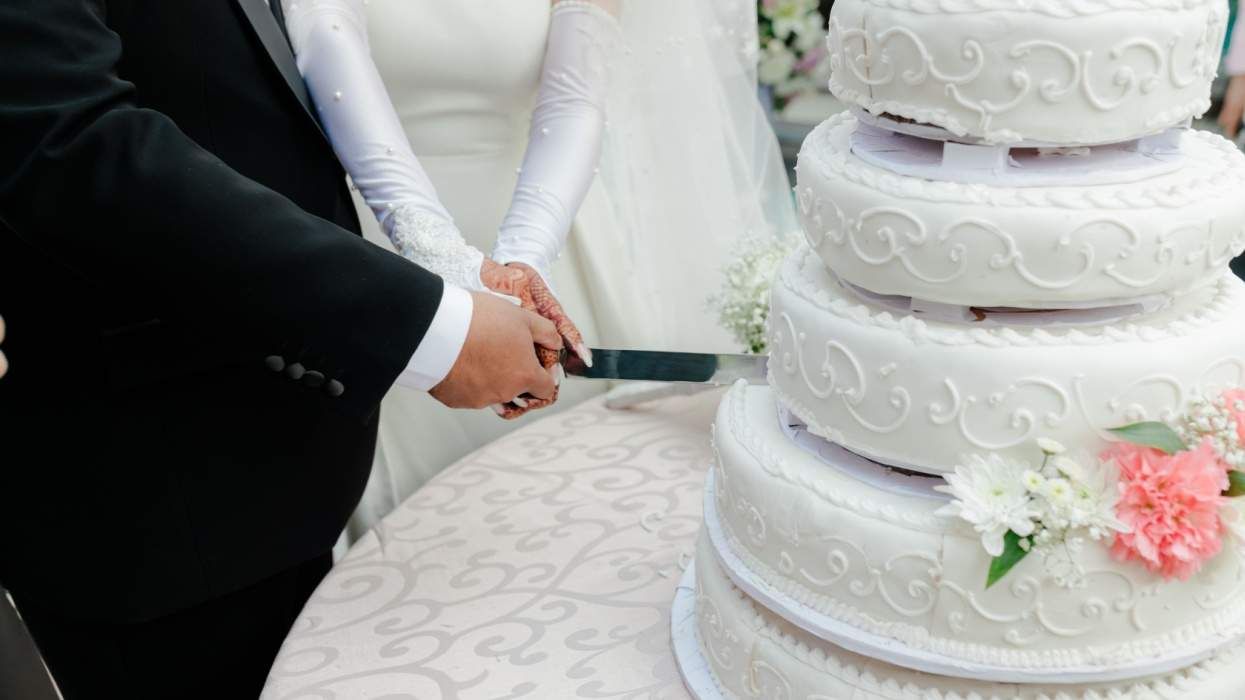
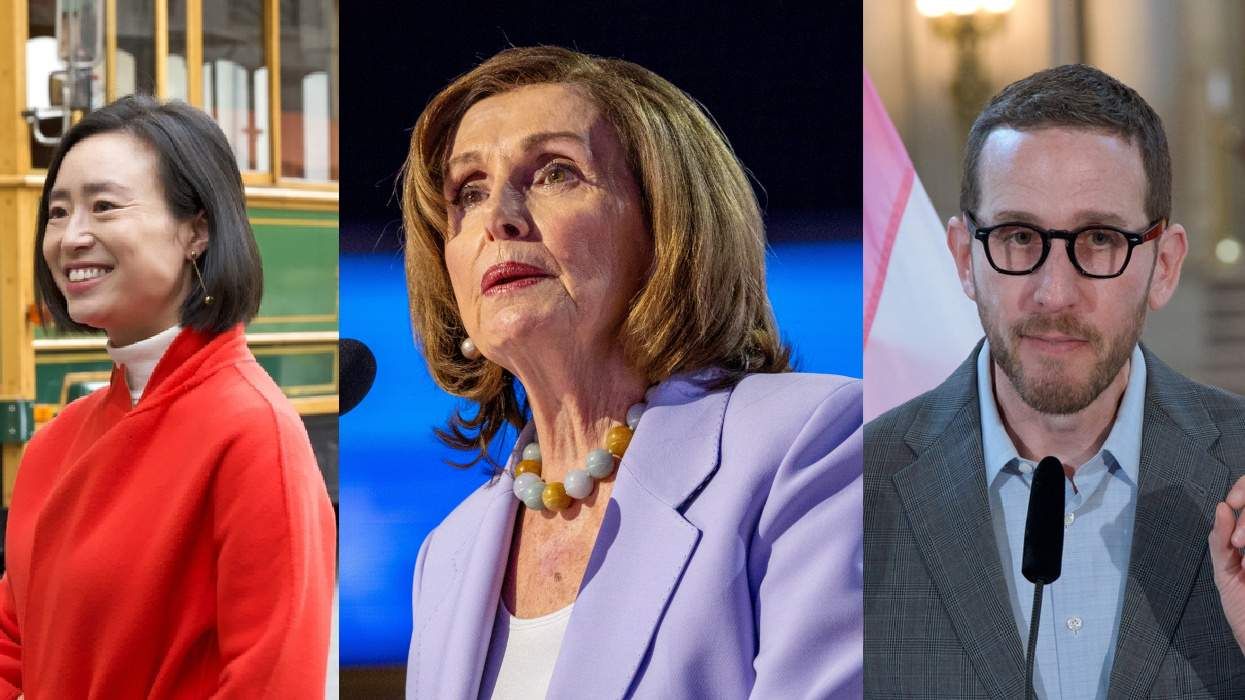
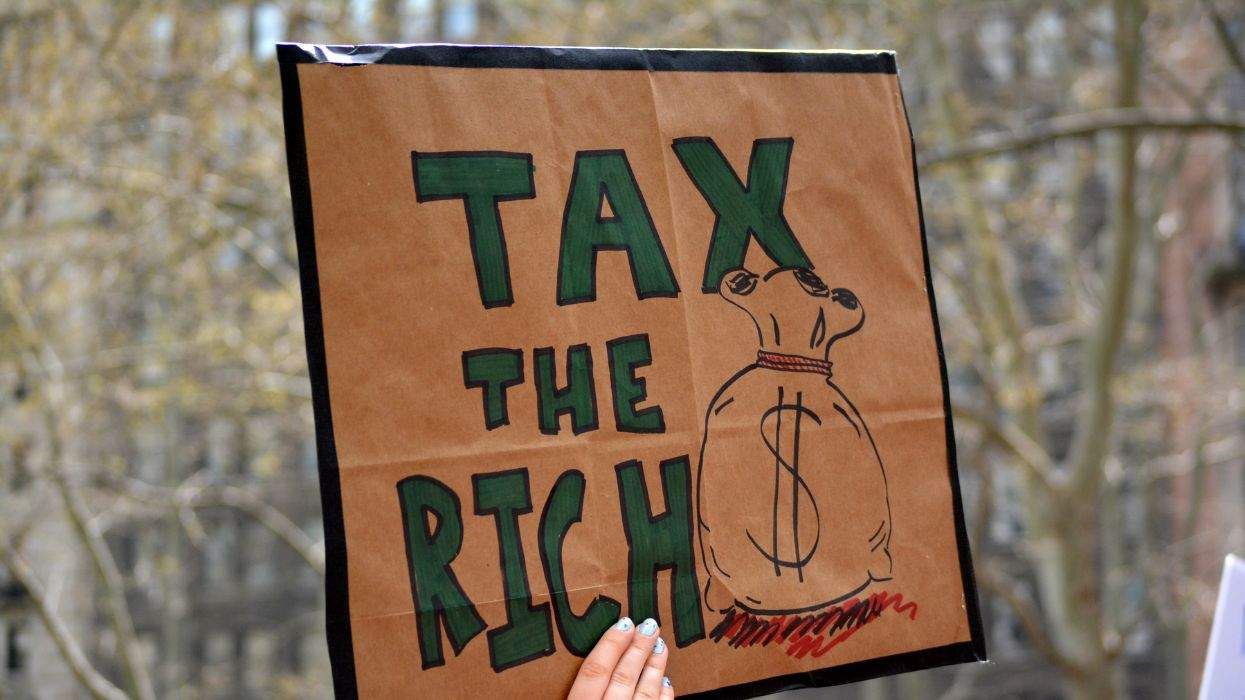
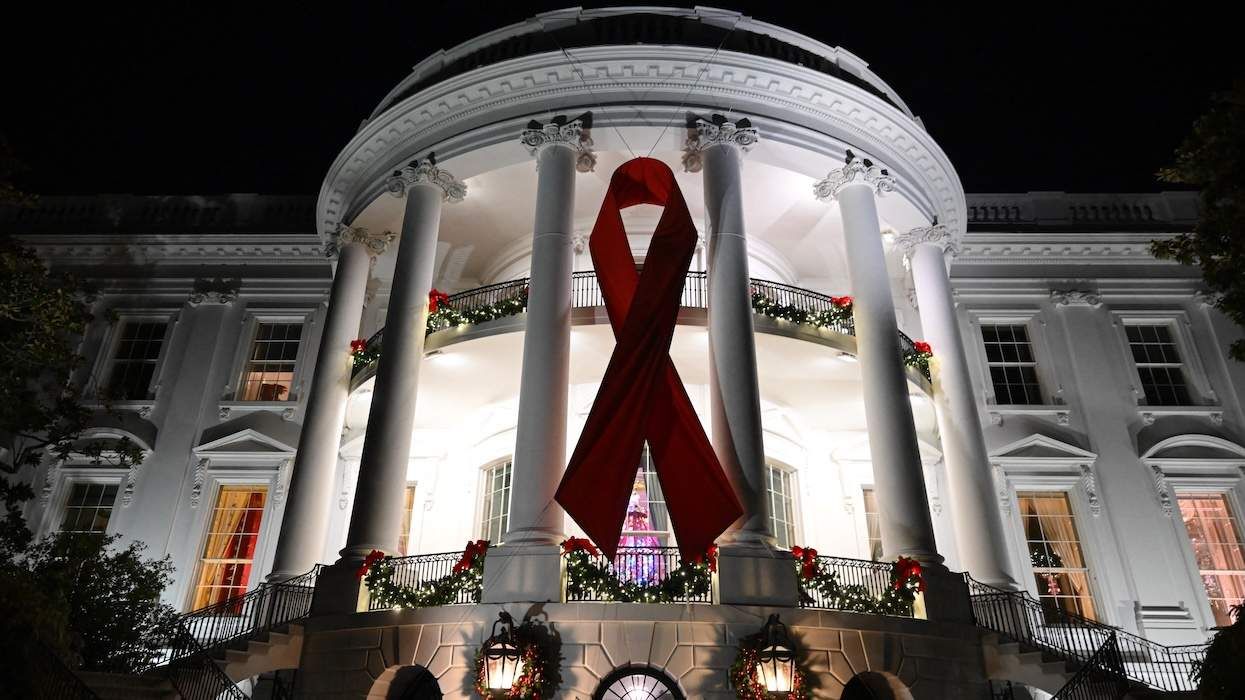
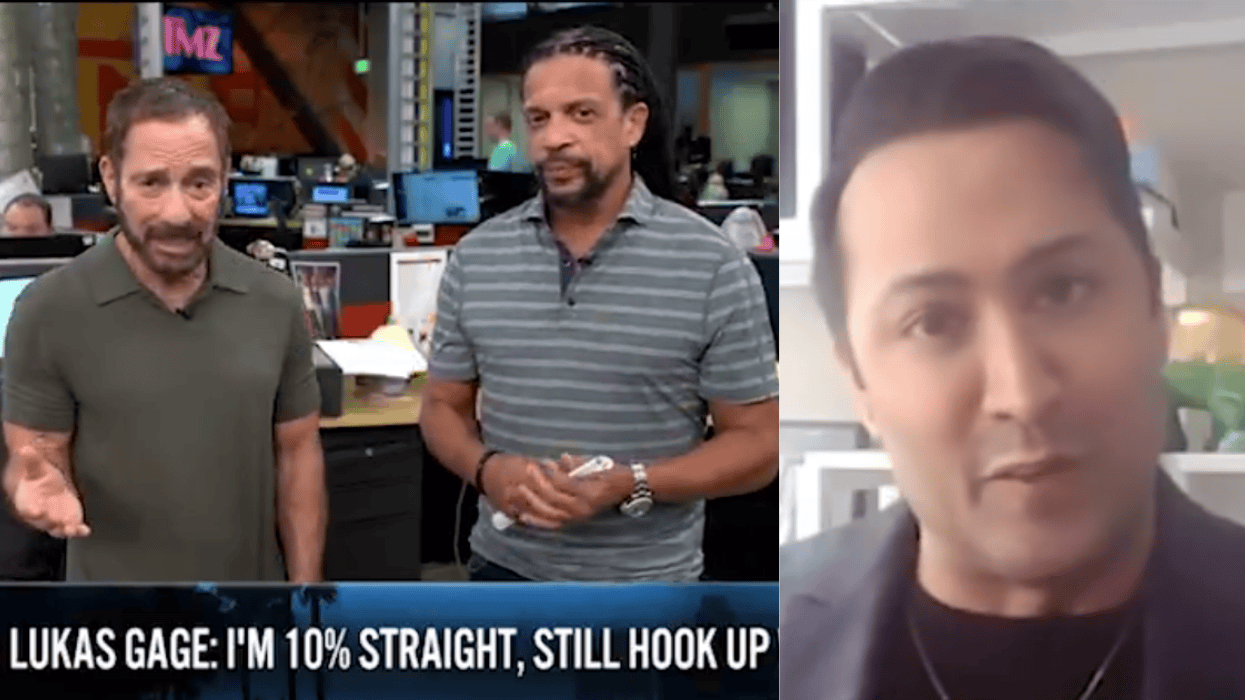
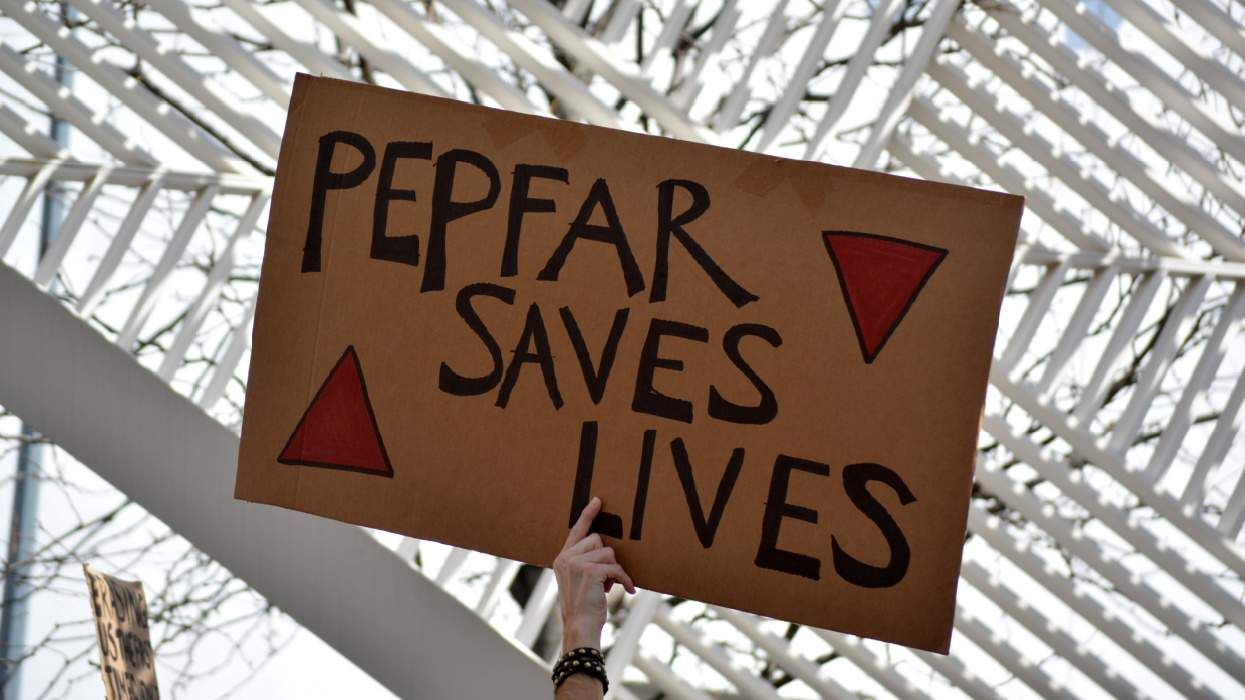

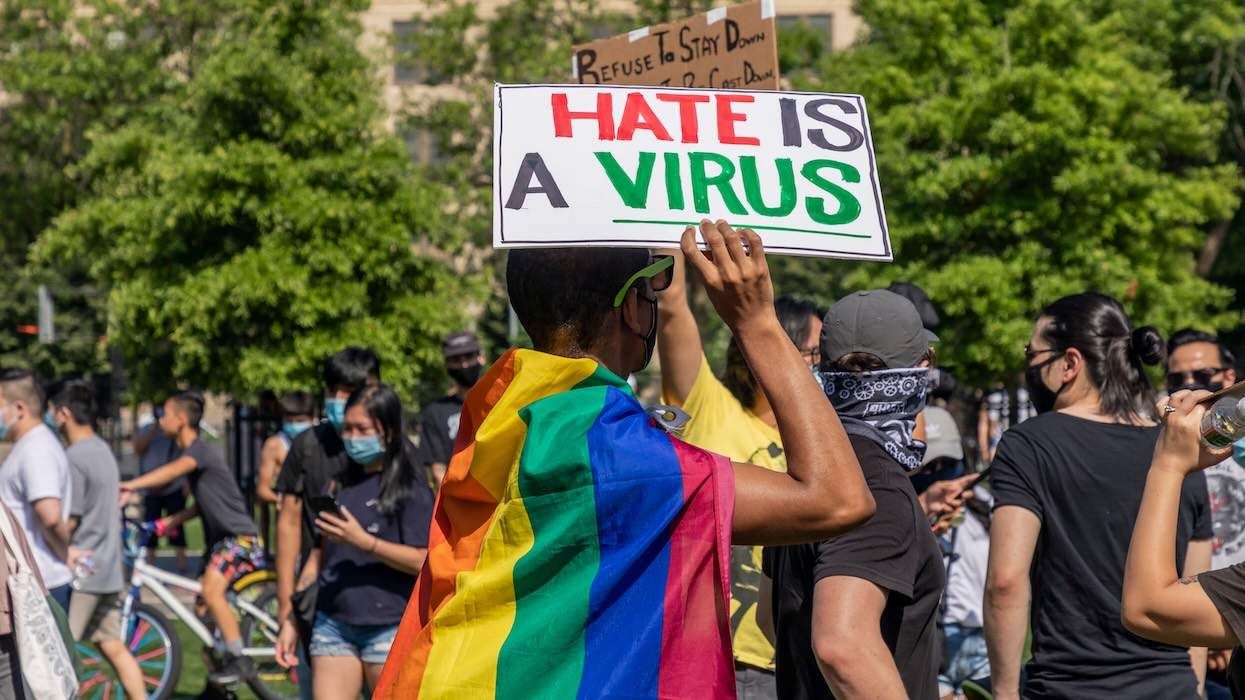



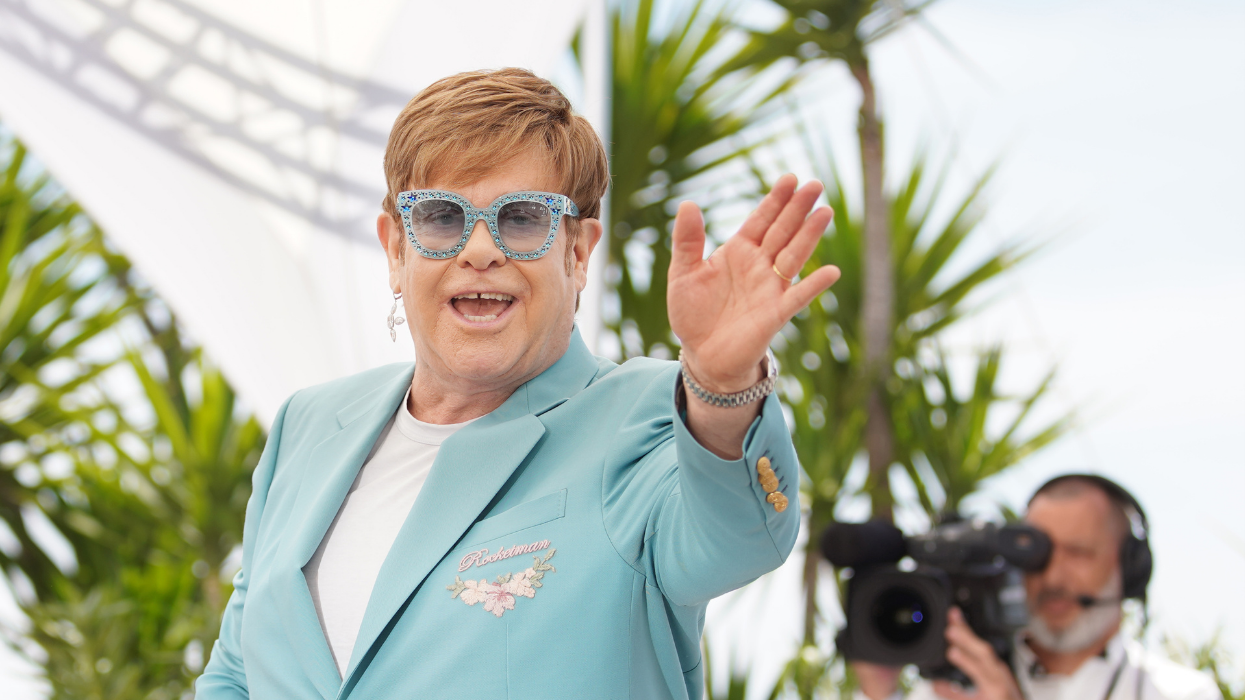










































Charlie Kirk DID say stoning gay people was the 'perfect law' — and these other heinous quotes